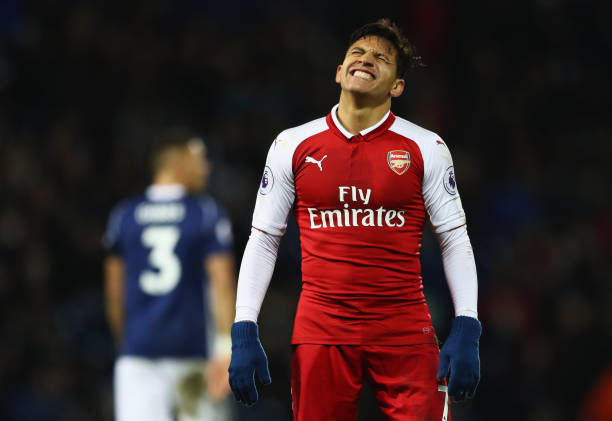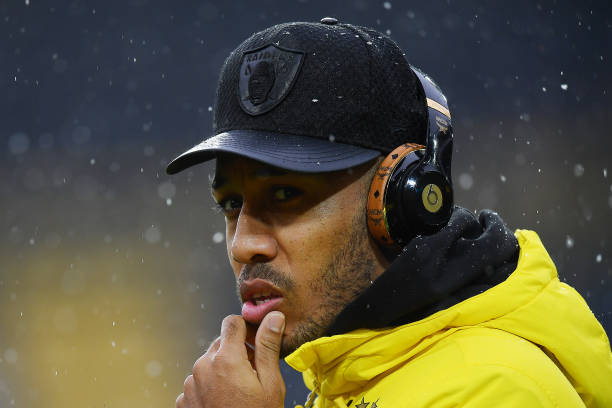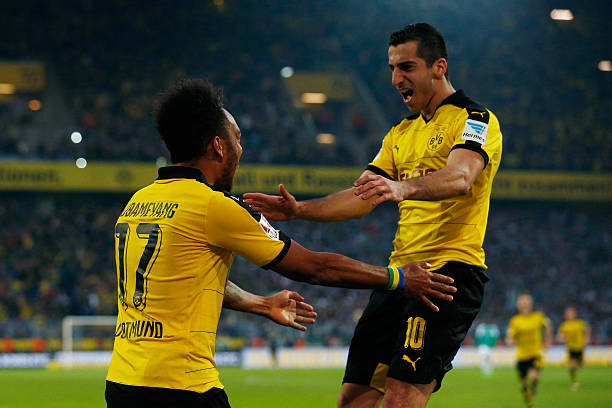A need to return to the Champions League sees Arsenal targeting more experienced players – evident from Henrikh Mkhitaryan signing and Pierre-Emerick Aubameyang nearing a move.
Arsene Wenger has often discussed the importance of looking after the long-term future of a club. One way he has done that at Arsenal over the years is to sign young players who have yet to reach their peak.
That has allowed the Gunners to have a team of developed players in two to three years’ time, or to sell their better players for good prices. This January, that philosophy has clearly been scrapped.

Our replacement for Alexis Sanchez was Henrikh Mkhitaryan in a straight swap. One 29-year-old left, another 29-year-old arrived. Now, we could be adding 28-year-old Pierre-Emerick Aubameyang to the mix.
The ages of these signings are significant because the players are dangerously close to the 30 mark – the so-called magic number where players start to decline. It means Arsenal will add two players who will not be in their peak years for much longer.
To spend a club record amount to sign Aubameyang suggests the club’s priority at the moment is firmly on short-term gain. The Dortmund man is one the best forwards in Europe. His record over the past three seasons is outstanding.
If he can replicate that form at Arsenal, nobody will question his age. If that form helps Arsenal return to the Champions League, it would have been a worthwhile signing and indicative of how important the Champions League is to Arsenal’s status and progress as a so-called elite club.

More than that, it’s a statement from the club; that even after Sanchez left, Arsenal could still attract top talent. Make no mistake, the squad needed an injection of quality.
In an ideal world, the new signings would have been in their mid-20s and still have their best years ahead of them, but Arsenal couldn’t have been picky about it. It’s not as if Mkhitaryan and Aubameyang wouldn’t be useful after this season, either, nor is it the first time Arsenal have targeted these kinds of players.
Following the sales of Cesc Fabregas and Samir Nasri in 2011, Arsenal opted for experience and brought in Per Mertesacker and Mikel Arteta. Then, in 2012 after Robin van Persie was sold, they got Lukas Podolski and Santi Cazorla.
The value of experience during uncertain times should not be undermined. This current environment is not ideal for young players still with a lot to prove. Arsenal’s current approach isn’t a radical departure from the norm, even if it does seem at odds with the club’s principles.
Even the Gunners are beholden to the pressures of modern football. It’s only when things are stable again that the club will return to how it used to be in the transfer market.

